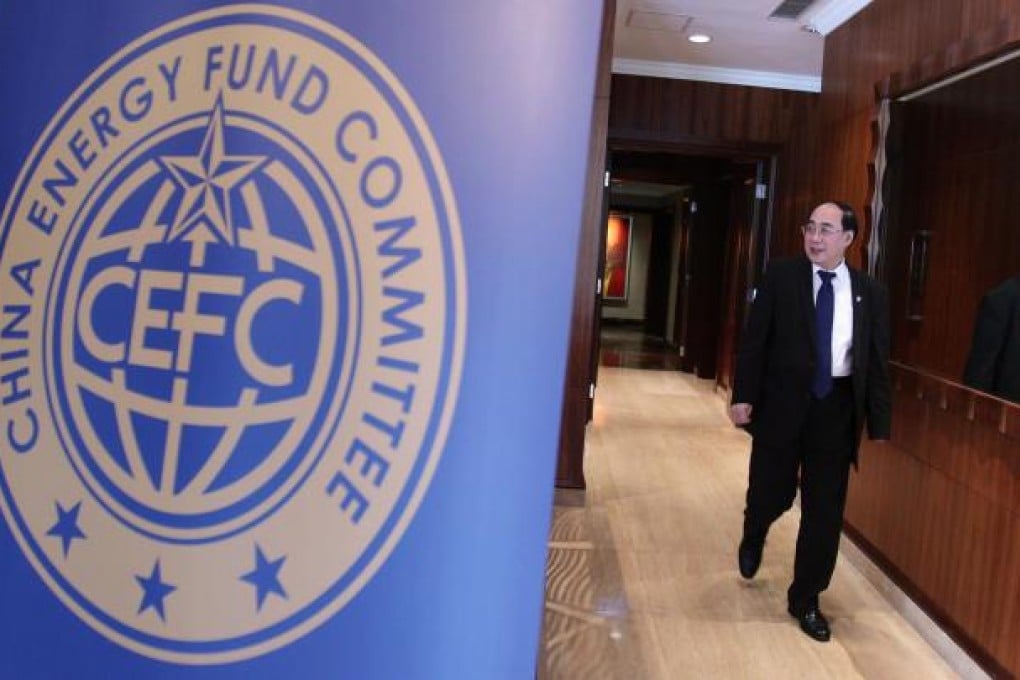UN charter on suffrage 'too risky' for Hong Kong to ratify
The city’s solicitor general tells UN committee that ratifying part of a covenant demanding universal suffrage would lead to legal challenges

Hong Kong's political system would "certainly" risk legal challenges if it embraced at this stage an international covenant demanding universal suffrage, the city's solicitor general said.
Frank Poon Ying-kwong was explaining to a UN human-rights hearing in Geneva last week why the city had still not implemented the International Covenant on Civil and Political Rights (ICCPR) provision on "equal and universal suffrage".
The Hong Kong government has opted to "reserve" - in effect to skirt - ratification of Article 25(b) of the covenant, which says all measures should be taken to implement the goal of equal and universal suffrage.
"It is premature to withdraw the reservation before this goal [implemented in a gradual and orderly manner consistent with the Basic Law] is achieved," Poon said, according to a partial transcript prepared by University of Hong Kong law professor Puja Kapai and accepted by the Department of Justice.
"If this [withdrawal] is done," Poon said, "there could be and certainly would be domestic challenges brought before the HKSAR courts to challenge the existing system. We cannot be diverted and distracted from the challenge to implement democracy by unnecessary lawsuits."
If this [withdrawal] is done, there could be and certainly would be domestic challenges brought before the HKSAR courts to challenge the existing system
Beijing has promised that the chief executive can be selected by universal suffrage in 2017 and the Legislative Council in 2020. But the future of functional constituencies - which analysts say are not in line with the ICCPR provision - has not been decided.